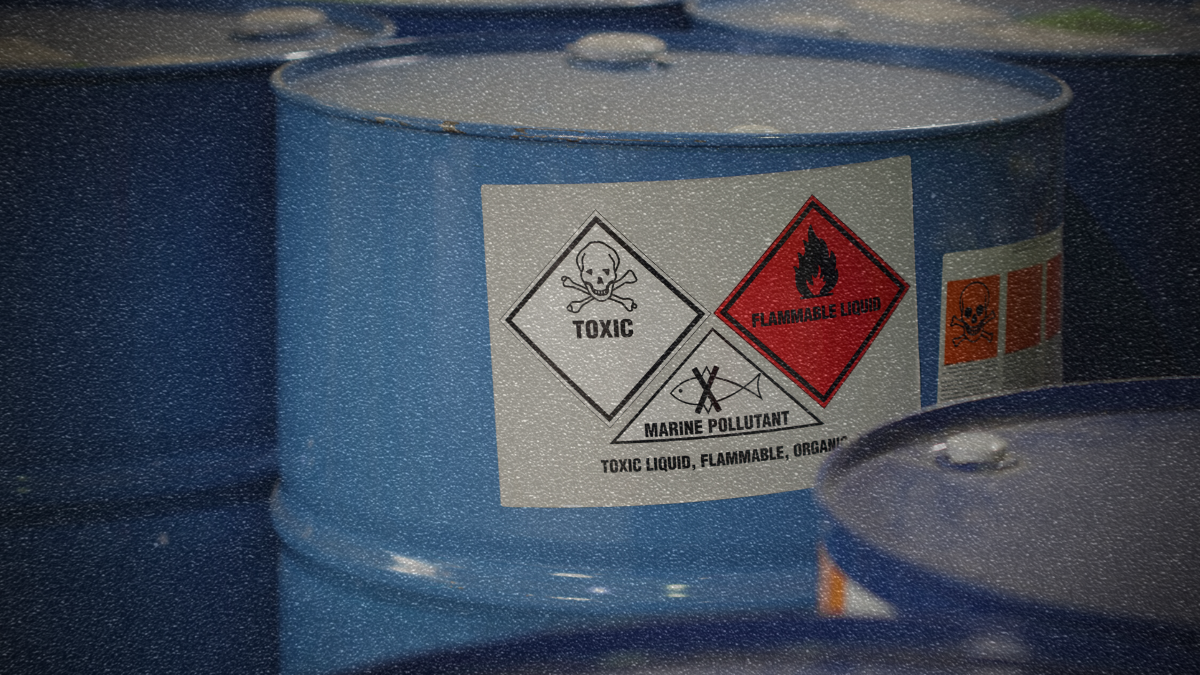Source: WRAL
The Environmental Protection Agency (EPA) has authorized Chemours to import up to 4.4 million pounds of waste containing GenX, a type of “forever chemical,” from its facility in the Netherlands to its plant in Fayetteville, North Carolina.
The decision comes after a Dutch court found Chemours liable for environmental damage from PFAS pollution from its Netherlands facility. Chemours executives are also under criminal investigation in the Netherlands for the “deliberate release of PFAS” from the plant since 1967.
Chemours has been found to have dumped PFAS chemicals into the Cape Fear River, a drinking water supply for nearly 1.5 million North Carolinians. PFAS compounds have also been found in thousands of private wells and in 20 public water systems, located in 11 NC counties.
Chemours says it plans to recycle and reuse the GenX waste, but has not provided any details about its recycling process or whether the shipments could increase contamination in surrounding communities.
The EPA is not required to provide advance notification of such shipments to the North Carolina Department of Environmental Quality (DEQ). The DEQ says it is continuing to allocate staff and resources to address Chemours-related PFAS contamination and protect affected communities.
The EPA’s toxicity assessment of GenX chemicals cites animal studies that have linked exposure to health effects on the liver, kidneys, immune system, development of offspring, and cancer. The EPA has also issued a health advisory about GenX and proposed drinking water standards, which Chemours has challenged in court.
Environmental groups and community members have expressed outrage over Chemours’ plans to import the GenX waste and expand its production of the chemical, especially in light of the company’s history of polluting North Carolina’s drinking water.
“It’s nearly impossible to avoid [the chemical pollution] because it’s in our rainwater, our food supply, and in our blood,” Dawn Hughes, Fayetteville Works Plant Manager, said in a statement. “We were overexposed to this chemistry for 40 years, and we simply cannot afford one more drop.”





